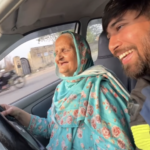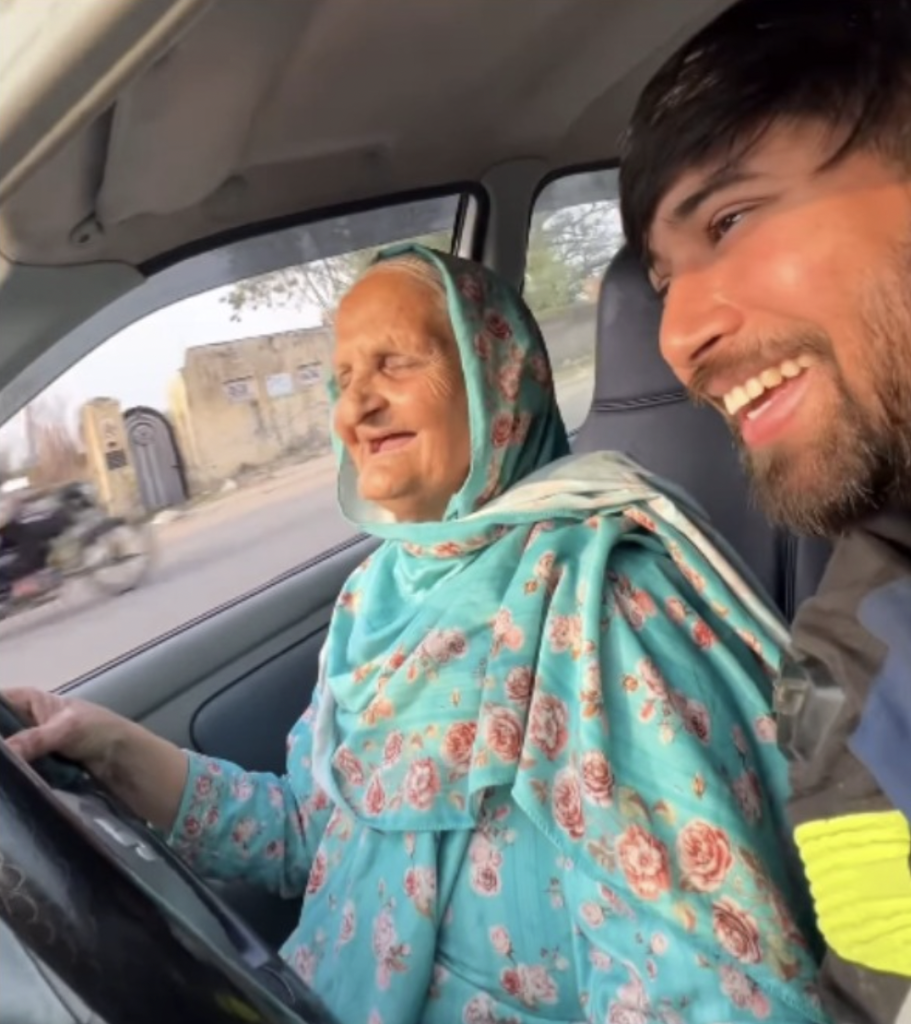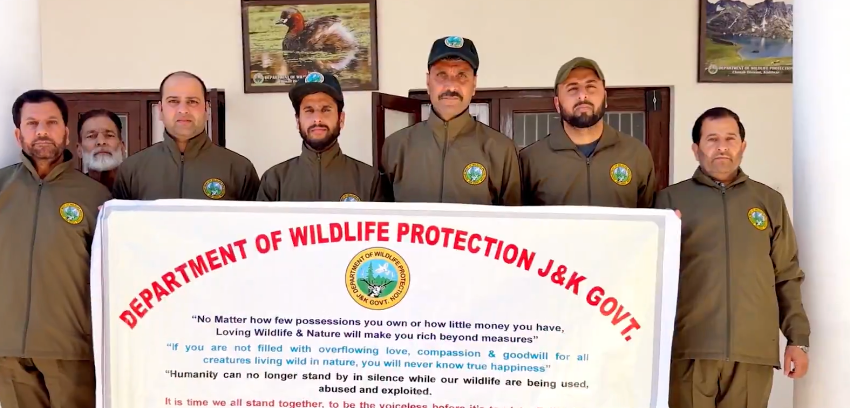In the quiet village of Gojra, nestled in the heart of Budgam, an elderly resident reflects on the future with a blend of hope and uncertainty. His voice carries the weight of years, a lifetime spent in a place where clean water was often a distant dream. But today, there is a glimmer of optimism in his words: “Don’t know whether I will be alive or not to see it, but my children will definitely drink pure water.” This simple yet profound statement speaks volumes about the impact of the Jal Jeevan Mission on rural communities like Gojra. For decades, access to clean water has been a challenge for many villages in India. Residents had to walk long distances, often through difficult terrain, to fetch water that was not always safe to drink. The health risks were immense, and the burden fell disproportionately on women and children, who bore the responsibility of water collection. But the Jal Jeevan Mission is changing this narrative. Launched with the aim of providing safe and adequate drinking water to every rural household in India, the mission represents a monumental effort to address one of the most basic human needs. It is more than just a government initiative; it is a promise of a better future for millions of people. For the elderly man in Gojra, this mission is a source of gratitude. He knows that the work being done today may not fully bear fruit in his lifetime, but he finds solace in the thought that his children and grandchildren will live in a world where clean water is a given, not a luxury. His words reflect a deep appreciation for everyone involved in bringing this change to his village—engineers, government officials, and community leaders who have worked tirelessly to make the mission a reality. The Jal Jeevan Mission is not just about water; it is about dignity, health, and opportunity. Access to clean water reduces the incidence of waterborne diseases, leading to healthier lives and less strain on the healthcare system. It allows children, especially girls, to attend school regularly, as they no longer have to spend hours fetching water. It empowers women, giving them time to engage in other productive activities. In essence, it transforms lives. In Gojra, the mission has become a symbol of progress and hope. It is a reminder that, even in the most remote corners of the country, positive change is possible. The elderly man’s gratitude is shared by many in his village, who now see a brighter future on the horizon—a future where the struggle for water is a thing of the past. As we reflect on his words, we are reminded of the importance of such initiatives and the impact they have on real lives. The Jal Jeevan Mission is a testament to what can be achieved when communities, governments, and individuals come together with a shared purpose. It is a promise fulfilled for the elderly of Gojra and a beacon of hope for generations to come. In the end, the man’s hope is not just for his own children but for all the children of India. His words are a call to continue the work, to ensure that every village, every household, has access to the clean water that is their right. It is a call to action that we must all heed, for the future of our nation depends on the well-being of its people. And in every drop of pure water, there is the promise of a better tomorrow.










